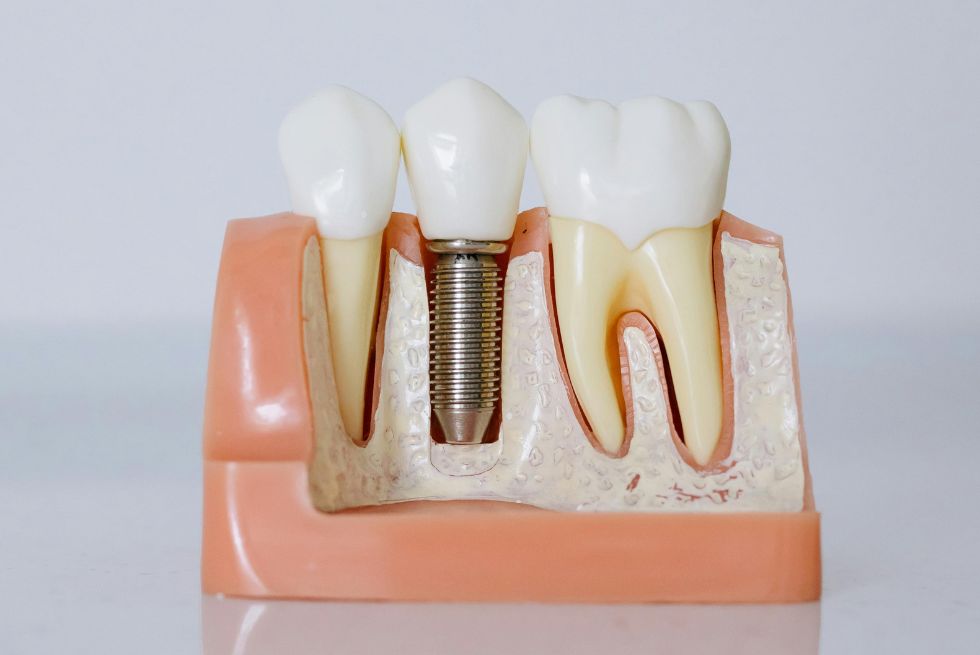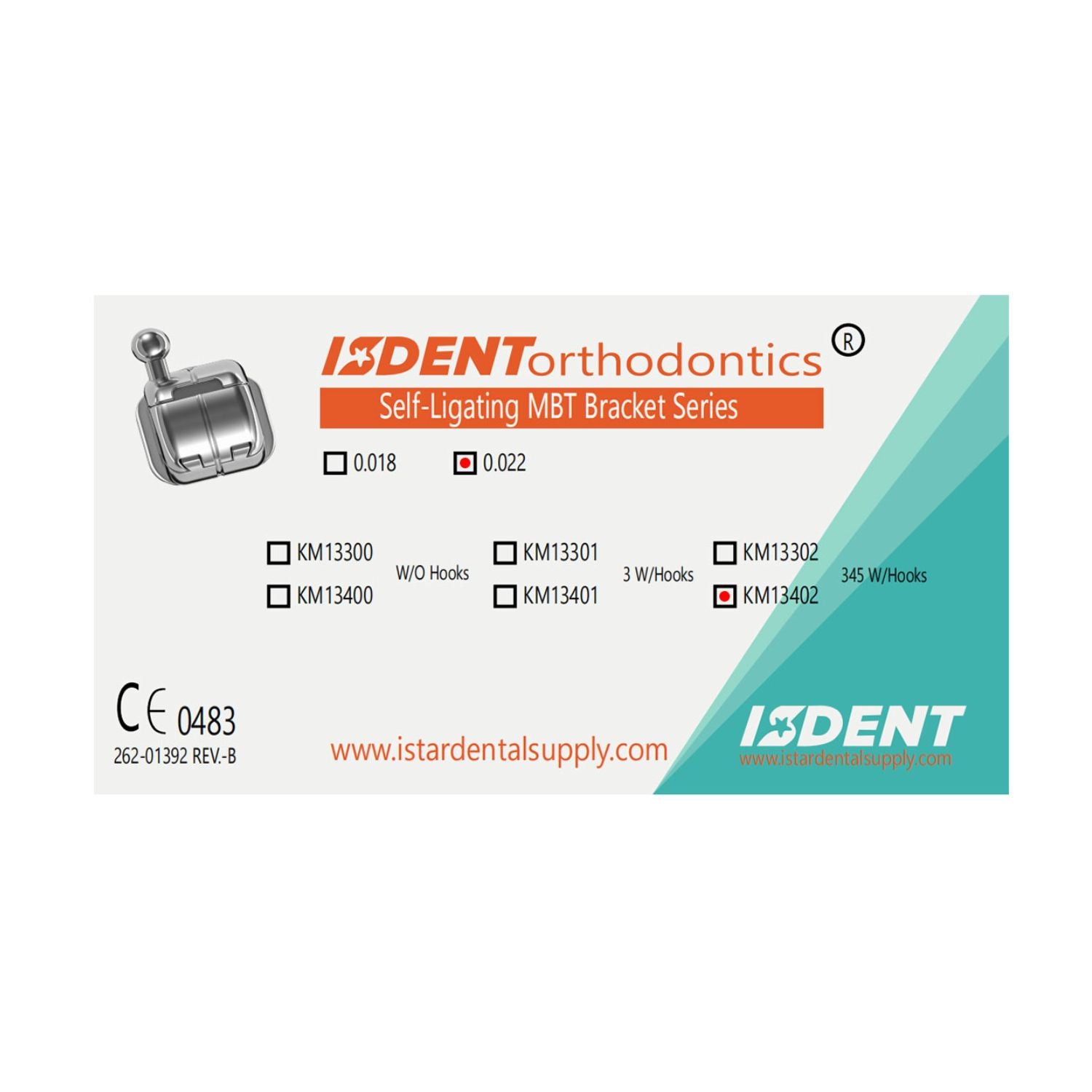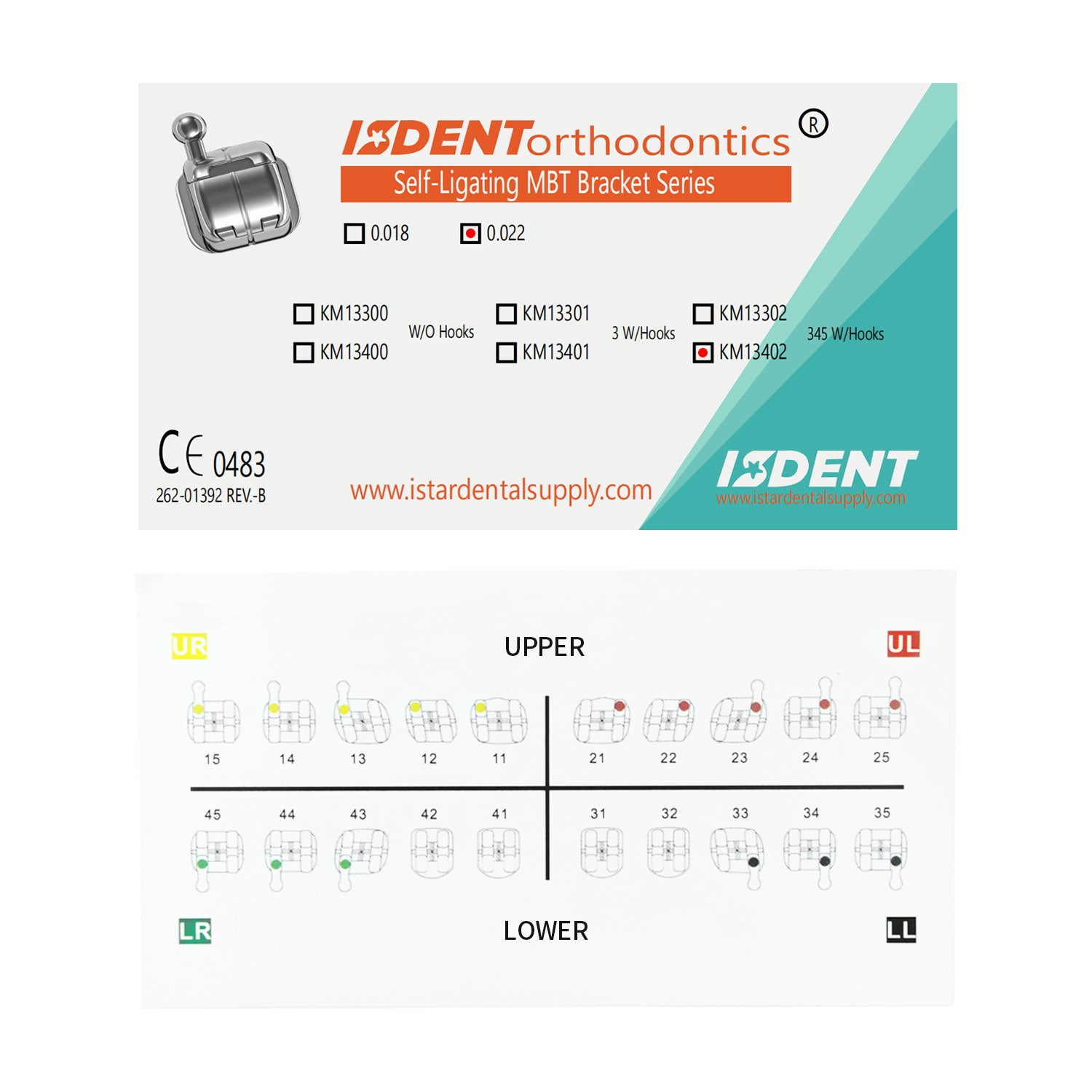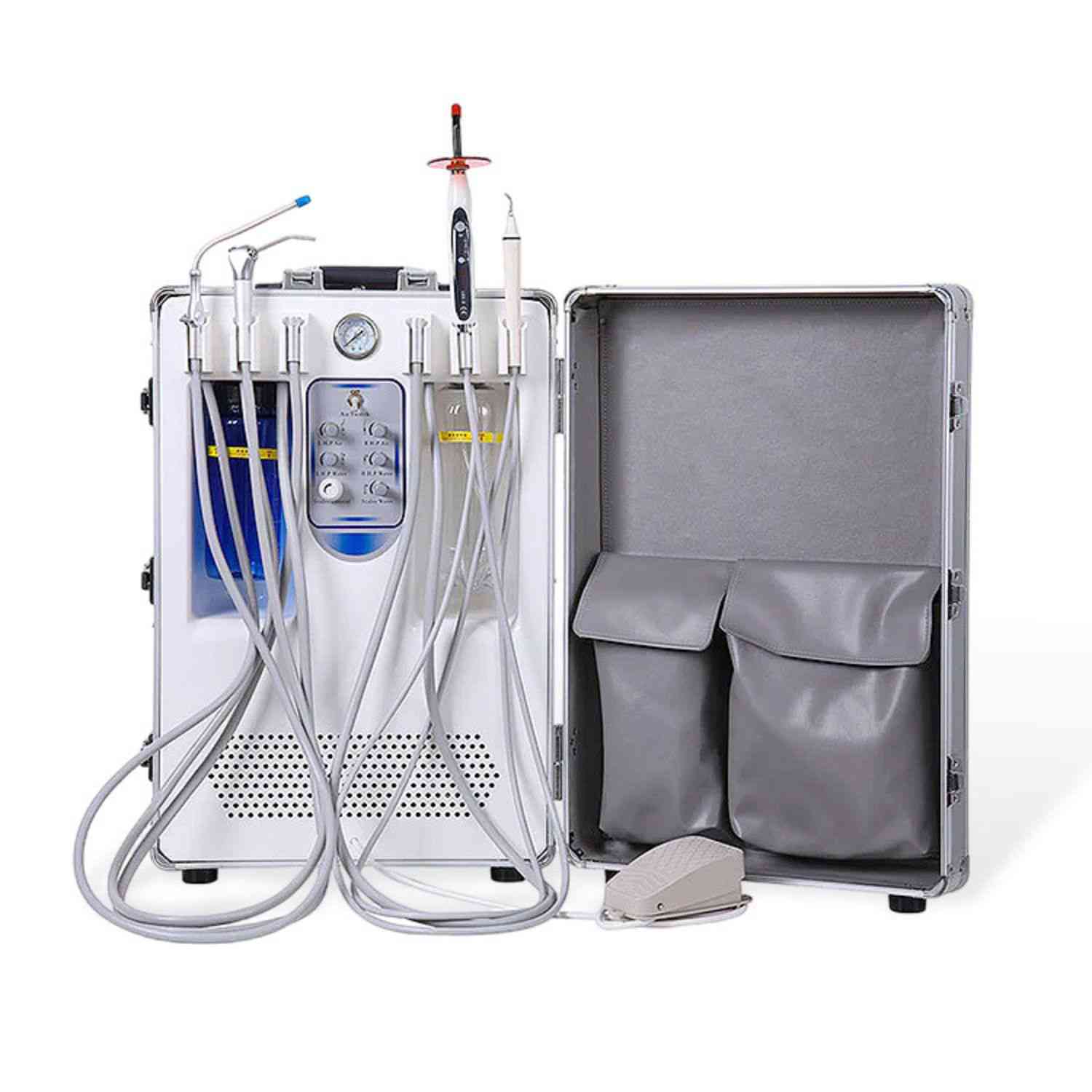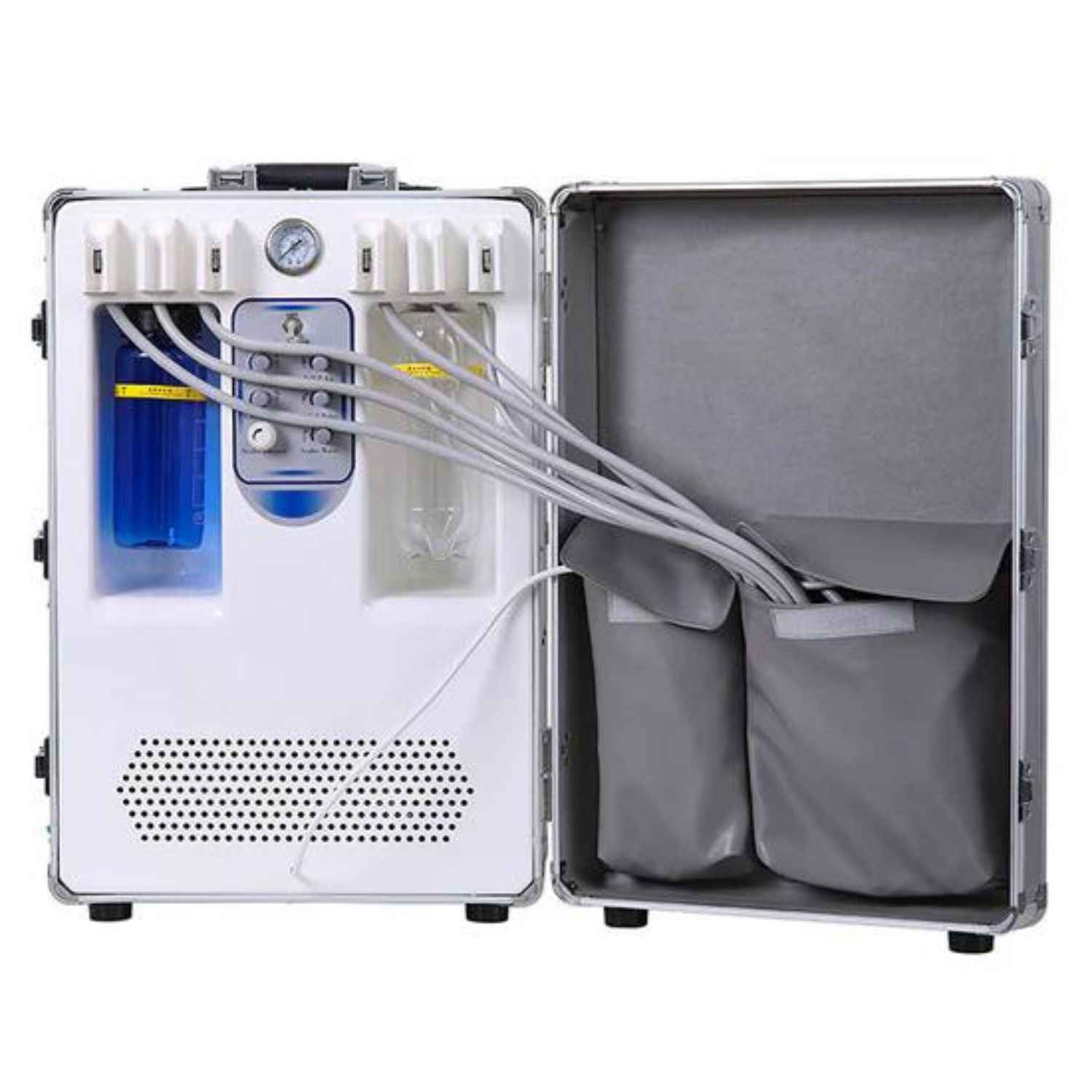The Best Time for a Dental Implant: A Guide for Every New Patient After Tooth Loss
I’ve been writing about business and health for a long time. In my work, I’ve learned that timing is everything. This is true for launching a product, and it’s very true for your health. When it comes to a procedure like getting a dental implant, timing is key. Many people I talk to who have lost a tooth ask me the same question: "When is the best time to get a dental implant?" They worry they have waited too long or that they should rush into it.
This article is for you if you are a new patient facing tooth loss. I will walk you through everything you need to know. We will use simple, clear language. I will help you understand the perfect time for a dental implant. This guide will show you why acting at the right moment can make all the difference for your smile and your health. Reading this will give you the confidence to talk to your dentist and make the best choice.
What Is a Dental Implant and Why Do I Need One?
Before we talk about timing, let’s make sure we are on the same page. What is a dental implant? Think of it as a man-made tooth root. It is usually a small screw made of titanium. A dentist places this screw into your jawbone where you have a missing tooth. Over time, your bone grows around the implant, making it very strong and stable. It becomes a sturdy base for a new crown, which is the part that looks like a real tooth.
Why is a dental implant often the best choice? Because it acts just like your natural teeth. Other tooth replacement options, like bridges or dentures, just sit on top of your gum. A dental implant goes into the bone. This helps keep your jawbone healthy and strong. It also keeps your other teeth from moving around. For anyone with missing teeth, a dental implant is a life-changing, natural-looking solution that can help restore your smile for years to come.
This is a big step in dentistry. The goal is to give you back a full, working tooth that feels like your own. When you are considering dental implants, you are looking at a permanent fix. This is why understanding the whole process, starting with the right timing, is so important for the success of your implant procedure.
Why Does Timing Matter So Much for Getting Implants?
I often tell people that when it comes to dental implants, timing matters a great deal. You might think that once a tooth is gone, the space will just wait for you. That’s not how your body works. Your jawbone is a living part of you. It needs a job to do. The roots of your teeth give your jawbone that job. They stimulate the bone and keep it strong every time you chew.
When you lose a tooth, the bone in your jaw in that spot no longer gets that signal. It’s like a muscle you stop using. What happens? It starts to get smaller and weaker. This process is called bone loss. It begins almost right away after tooth loss. If you wait too long, you might not have enough healthy bone left to hold a dental implant securely. This can change the whole shape of your jaw.
Waiting can also cause problems for the teeth next to the gap. Your adjacent teeth might start to drift and tilt into the empty space. This can mess up your bite and make it harder to clean your teeth, which can lead to other dental problems. This is why it’s smart to think about getting implants as soon as possible after you have lost a tooth. Acting quickly helps you avoid these extra problems and makes the dental implant procedure simpler.
Is There an Ideal Time to Get a Dental Implant After Losing a Tooth?
So, is there a "golden window" or an ideal time to get dental implants? Yes, there often is. Most experts in dentistry agree that the ideal window for dental implants is usually between two and four months after a tooth extraction. This short waiting period gives your gum and the socket time to heal properly. But it’s not so long that you start to experience serious bone loss.
Getting dental implants placed within the first few months after losing a tooth is often the best time. During this period, your mouth has recovered from the extraction, but your jawbone is still strong and dense. This makes it a great foundation for a dental implant. Your dentist will be able to perform the implant placement with a very high chance of success. This is what we call the ideal time to get a dental implant.
Of course, every person is different. The timing for your dental implant will depend on your specific situation. Factors like your oral health and why you lost the tooth in the first place will play a role. The best way to know for sure is to talk to your dentist. They can look at your mouth and tell you the perfect time to get a dental implant for you.
What Happens if I Wait Too Long for My Implant Placement?
I have seen clients who waited years after losing a tooth before considering getting dental implants. They often come to me worried that it’s too late. The biggest problem with waiting too long is the bone loss we talked about earlier. When a large amount of bone is gone, there is not enough to support a dental implant. Trying to place an implant in a weak jawbone can lead to implant failure.
But here is the good news. Even if you have waited a long time, modern dentistry often has a solution. If you don't have enough bone, your surgeon can perform a bone graft. A bone graft is a dental procedure where new bone material is added to your jaw to build it back up. It’s like adding fresh soil to a garden before planting a new tree. This creates a strong base for your future dental implant.
The downside is that a bone graft adds another step to your dental implant journey. You will need to wait for the graft to heal and fuse with your jawbone before the implant placement can happen. This can add several months to the overall implant process. This is why it’s better to get dental implants as soon as it is practical. It can save you time, money, and extra surgery.
Can I Get a Dental Implant Immediately After a Tooth is Pulled?
Now you might be wondering, "Can I skip the waiting period altogether?" The answer is sometimes yes. This is called immediate dental implant placement, or sometimes "same-day" implants. With this technique, the dentist places the dental implant into the socket right after the tooth extraction. It’s all done in one appointment. This can be a great option because it saves time and means one less surgery.
Immediate placement helps preserve the natural shape of your gum and bone right away. However, it’s not for everyone. You need to be a good candidate for this dental implant procedure. To qualify for an immediate dental implant, you must have enough healthy jawbone to support the implant firmly from the start. You also cannot have any infection or gum disease in that area.
Your overall health also plays a part. Your dentist will do a full check-up, including X-rays, to see if immediate dental implant placement is right for you. If it is, you can walk out of your appointment with the first step of your new smile already in place. This is a fantastic example of how far dentistry has come in making tooth replacement easier.
Is There a Best Age to Get Dental Implants?
This is a question I hear a lot. People wonder if they are too young or too old. The simple answer is that the best age for dental implants isn’t a specific number. It’s more about your body’s development and your overall health. For younger patients, the main rule is that their jaw must be fully grown. This usually happens in the late teens or early twenties. Placing a dental implant before the jaw is done growing could cause problems later on. Most dentists recommend waiting until at least the age of 18, and often a bit longer.
What about an upper age limit? There really isn’t one. I’ve known people in their 60s or even 70s who have had a successful implant procedure. As long as you are in good general health, age is not a barrier. The success of a dental implant depends more on your health than your age. A healthy person at 75 can be a better candidate than an unhealthy person at 45.
So, the age range for a dental implant is very wide. The focus is on your bone health and your ability to heal. The fact that the right age for dental implants isn't a limiting factor means this wonderful solution to tooth loss is open to almost every adult. There is no such thing as being "too old" to get back your smile and confidence.
How Does My Health Affect the Dental Implant Procedure?
Your overall health is a huge factor in the success of dental implant surgery. When a dentist is placing dental implants, they are performing a surgery. Your body needs to be able to heal well from it. Certain health conditions can make healing more difficult and could affect the healing process after surgery.
For example, conditions like uncontrolled diabetes can slow down healing and increase the risk of infection. If you have diabetes, you’ll need to work with your doctor to make sure it is well-managed before undergoing dental implant surgery. Smoking is another major issue. It reduces blood flow to your gums, which is essential for healing. Many dentists will ask you to stop smoking before and after the implant procedure to ensure its success.
Other things your dentist will look at include any autoimmune diseases or medications you are taking. It’s all about making sure your body is ready for the implant integration, which is the process of your jawbone fusing with the dental implant. Being honest about your health history is the best way to plan for a successful outcome and enjoy the life-changing benefits of your new tooth.
How Do I Know if the Ideal Time to Get Dental Implants is Now?
You might be reading this and thinking, "Okay, this is a lot of information. How do I know if now is the best time to get dental implants for me?" It's a great question. While only a dentist can give you a final answer, you can ask yourself a few questions to see if you are on the right track. I've put together a simple checklist to help you think it through.
Checklist: Is It My Time for a Dental Implant?
|
Question |
Yes |
No |
Notes |
|
Have I recently lost a tooth or do I have one that needs to be pulled? |
This is the first step. |
||
|
Am I over 18 and has my jaw stopped growing? |
Important for younger patients. |
||
|
Am I in good general health? |
Your body needs to be able to heal. |
||
|
Are my gums healthy, without serious gum disease? |
Healthy gums are crucial for implant success. |
||
|
Am I a non-smoker, or am I willing to quit for the procedure? |
Smoking is a major risk factor for implant failure. |
||
|
Do I understand that this is a process that can take months? |
It's a journey, not a single-day fix. |
||
|
Am I ready to take care of my dental implant like a natural tooth? |
Good hygiene is key to long-term success. |
||
|
Have I scheduled a consultation with a dentist? |
This is the most important step! |
If you answered "Yes" to most of these questions, you are likely in a great position to start your dental implant journey. The next step is to schedule a consultation. This is the best way to get a clear plan and understand if now is the ideal time to get a dental implant for you.
What Should a New Patient Expect From the Dental Implant Placement Process?
If you and your dentist decide that now is the best time to start, you might wonder what the dental implant process looks like. As a new patient, it's good to have a roadmap. First is the consultation, where you’ll get X-rays and a plan. The next step is the dental implant surgery itself. Your dentist will place the titanium dental implant post into your jawbone. This is usually a quick procedure.
After the placement of dental implants, the healing begins. This is the most important part. It can take a few months for your bone to fuse with the dental implant. This is the healing time that makes the implant so strong. During this time, you might have a temporary tooth so you don't have a gap in your smile.
Once the implant is fully integrated, you will return to have the final part attached. This is the abutment (a connector piece) and the crown (the new tooth). The crown will be custom-made to match the color and shape of your other teeth. The result is a beautiful, strong, and permanent solution. This step-by-step implant treatment is designed to ensure the best possible outcome when you replace your teeth with dental implants.
How Can I Make Sure My New Dental Implant is a Success?
Getting a dental implant is a big investment in your health and happiness. You want to make sure you enjoy its life-changing benefits for decades. The long-term success of your dental implant depends a lot on you. The single most important thing you can do is take care of your overall oral health.
This means brushing and flossing every day, just like you would with your natural teeth. Even though a dental implant can't get a cavity, the gum around it can still get infected. This is a condition similar to gum disease, and it is one of the biggest threats to a healthy dental implant. You also need to see your dentist for regular check-ups and cleanings. They can check on your implant and make sure everything is healthy.
When you take great care of your dental implants placed in your jaw, they can last a lifetime. They are a long-lasting and reliable way to replace missing teeth. The small amount of effort it takes to care for your implant will pay off with a comfortable and confident smile for years and years to come. Dental implants are a long-lasting and fantastic solution when cared for properly.
Key Takeaways to Remember
I know we've covered a lot of ground. If you remember just a few things from this article, let them be these:
-
Don't Wait Too Long: The best time to get a dental implant is usually 2-4 months after tooth loss. Waiting can lead to bone loss and make the process more complex.
-
Age Is Just a Number: There is no real age limit for dental implants. As long as you are healthy and your jaw has finished growing, you can be a candidate.
-
Health is Key: Your overall health is more important than your age. Conditions like uncontrolled diabetes or smoking can impact the success of your implant procedure.
-
There Are Options: Whether you need an immediate dental implant placement or a bone graft after waiting, modern dentistry has solutions to help you.
-
Talk to Your Dentist: The only way to know the perfect time to get a dental implant for you is to have a professional look at your specific situation. Schedule a consultation to get a clear plan.

